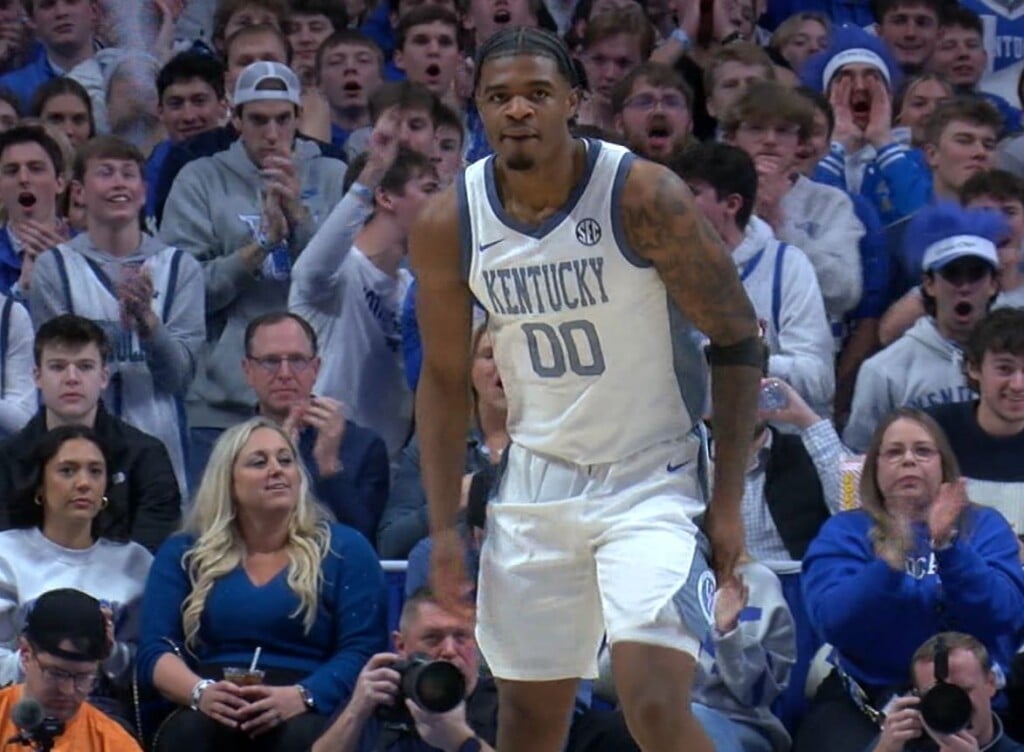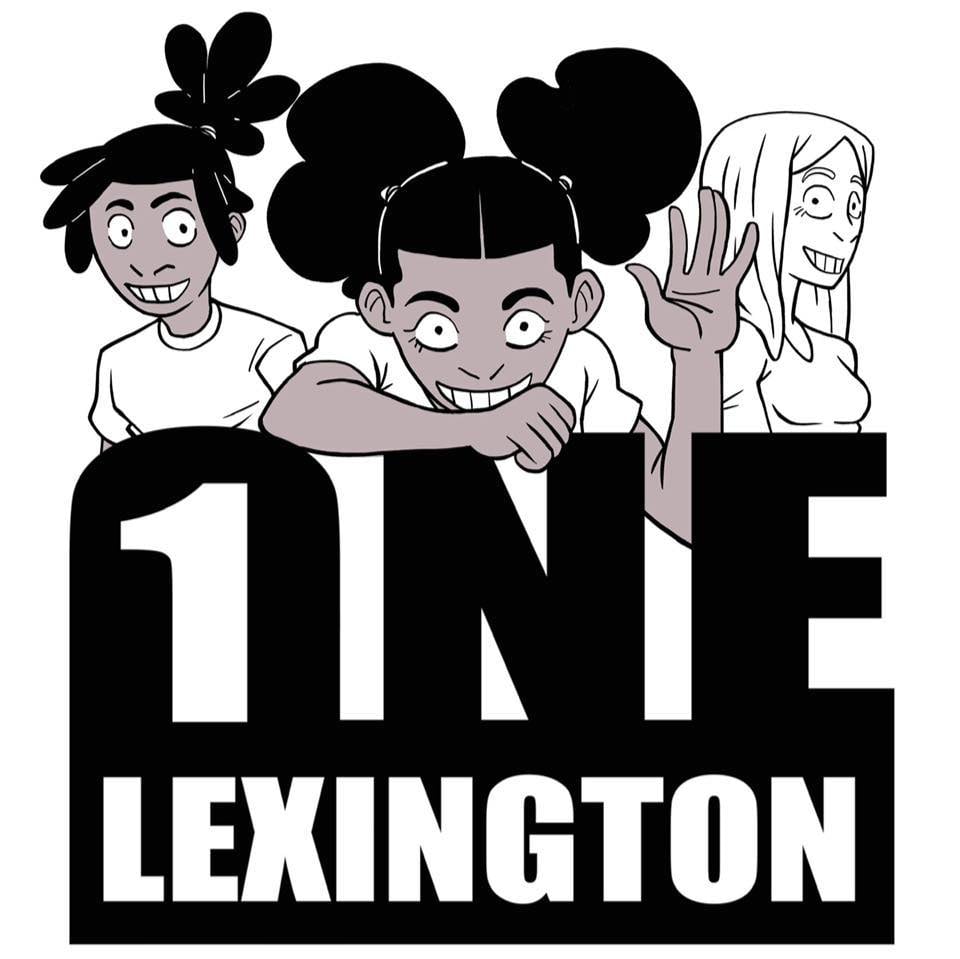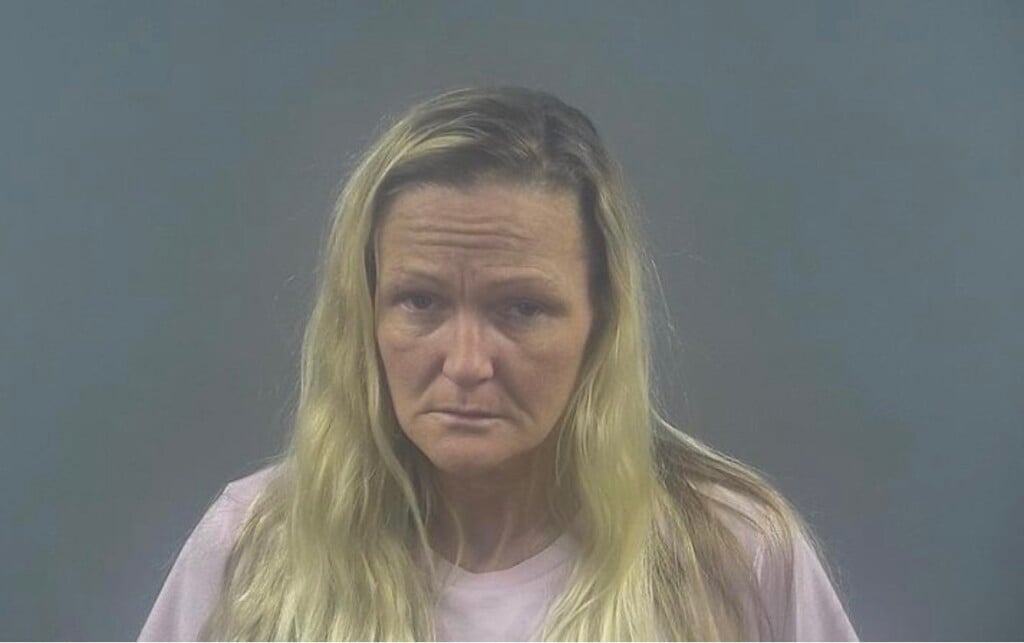“I can see light, I got hope”: Veteran gets second chance at life through pain management program
LEXINGTON, Ky. (WTVQ) – According to the CDC, 50 million adults in the United States are living with chronic pain affecting veterans over the age of 20 at an even higher rate. A new program at the Department of Veterans Affairs (VA) Hospital in Lexington is helping veterans get a new outlook on life with chronic pain management.
This January, the VA started the Interdisciplinary Pain Rehabilitation Program (IPRP). It’s an eight-week course teaching veterans who are living with chronic pain techniques to manage it and get back their quality of life. Five veterans are part of the inaugural class which is heading into its sixth week.
“The pain is everywhere,” says Robert Smith, one of the participating veterans.
The VA says feedback from veterans at the halfway point was all positive and many wish the program was even longer.
“We have to view chronic pain in a bio-psycho-social model. So we want to make sure we’re addressing more than the biology, often that’s what we think of, ‘I hurt, I’m going to go get this fixed’. We don’t think about how that pain may impact the rest of our lives, our emotions, our behavior, our interactions with others,” says Jennifer Schaeffer, a clinical psychologist.
For many veterans, years of military service have taken a toll on their bodies, leaving them in constant pain. In the past, the VA says chronic pain has been treated primarily physically or with medications which led to it starting a program targeting pain management as a whole.
“I’m kind of a gloomy guy anyway, I guess you could put it negatively, and now I can see light, I got hope and that makes me excited about living for my grandchildren and great-grandchildren I have,” says Smith. “Before, I was ready to die. Don’t want to anymore.”
The IPRP gives veterans tools to manage their pain socially, spiritually and psychologically. The VA says twelve spots are available in each class cohort.
“The five veterans who are participating now are together, so they’re getting to know one another and that’s almost as therapeutic as everything else we’re doing because they have that shared experience,” says Schaeffer.
Smith says he knows how hard it can be as a vet to ask for help but begs those out there suffering to join the class.
“I don’t know of one outside the VA right now and if there was one, we couldn’t afford it,” says Smith. “We have opportunities to keep getting treated for different parts. That is remarkable. Because outside you get, ‘here’s eight weeks, you’re done’ and there’s no limit here.”
The VA says if you’d like to be a part of the next class, talk to your primary care provider about signing up.



